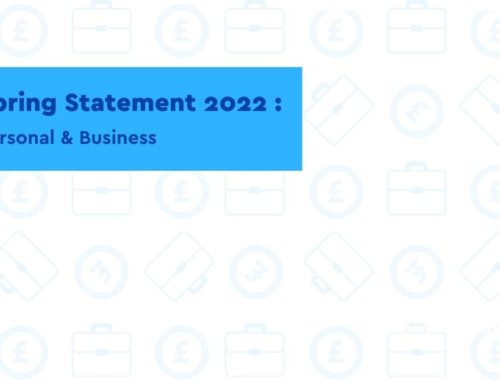The recent changes to IR35 are having a significant impact on public contractors. IR35 was originally set up as part of a crackdown on false self-employment. HMRC showed concern that the rules around false self-employment weren’t being enforced sufficiently and estimated that the Exchequer was losing £400 million a year because of it.
There has been a great deal of controversy about people leaving full employment, registering as a Limited Company then contracting for the client they were directly working for previously. This enabled them to pay less tax even though their role hadn’t changed. HMRC have therefore clamped down on what they see as dubious employment status changes. The recent changes they have made refer to public contractors, but it’s expected that private contractors will be affected further down the line.

PAYE tax and NI
The liability for deciding whether IR35 applies is now with the public sector organisation the contractor is working through. There are concerns that people who are legitimately self-employed may be impacted and could see PAYE tax and NI deducted from payments as if they were directly employed by the organisation they are working for, yet will still have to go without sick pay, holiday pay and the various other perks enjoyed by employed staff.
All of this could lead to many contractors opting out of working for public sector organisations. Furthermore, public sector bodies could find it much harder to recruit the personnel they need once more and more skilled workers have turned to private sector work, and skilled workers who are directly employee could demand significant salary rises to stick around.
The application of IR35
The IR35 legislation itself hasn’t changed, but the fact that the way it is applied has could make things much more complex and troublesome for employees and employers. HMRC have released a tool to ensure the criteria is applied correctly, but the vast range of different cases that it may or may not need to be applied to means things could become very confusing indeed. Even when a contractor is working through an agency, it’s still the public body’s job to decide whether IR35 applies or not. Once they have made the decision, they then need to inform the agency.
Take action to protect yourself
Many people are even considering contracting abroad to avoid being penalised by IR35, though if you have been planning a move abroad, it’s worth remembering that tax laws elsewhere can be just as complex as in the UK. Another option is to try and go permanent if possible. This may appeal to you if you have grown tired of contracting and are seeking a higher level of stability. It’s important to avoid simply doing nothing with regards to IR35 as you could be met with big penalties later. Instead, you are advised to take steps to protect yourself and save what you can if you are hit by IR35 and are likely to face a larger financial burden.
For more advice about the changes to IR35 and how you can protect yourself, please contact Morgan Reach now and speak to one of our expert team.







